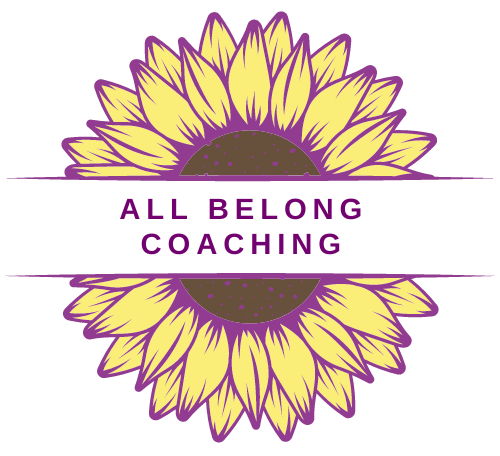ADHD Awareness Month
- Why Do We Need ADHD Awareness Month?
- Facts About ADHD
- Myth Busting ADHD
- Interesting Things About ADHD
- How A Coach Can Help

October – ADHD Awareness Month
Why Do We Need ADHD Awareness Month?
The obvious answer is that we need people to be more aware. While we have come a long way in understanding ADHD and other neurodiverse brains, we still have a very long way to go. We are still regularly hearing statements like, “Everyone has a little ADHD.” or “ADHD isn’t real, it’s just extra energy/an excuse.”
In addition, folks tend to think that if it IS real, people outgrow it and therefore it only impacts children. While many are beginning to accept ADHD, they are unaware of how it impacts our ability to learn, manage our emotions, and simply accomplish day to day tasks that our neurotypical peers complete easily. These beliefs, myths and misconceptions can harm people living with ADHD and prevent them from seeking treatment.
ADHD Awareness month is dedicated to removing stigma and myths that are pervasive and harmful to people living with ADHD. In Addition ADHD Awareness month seeks to give voice to people with ADHD and highlight their experiences at home, school, and in the work place.
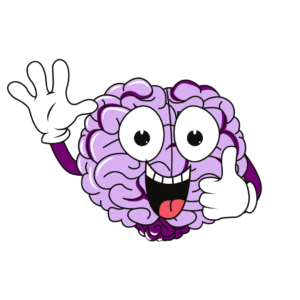
Facts about ADHD
- ADHD is a neurodevelopmental disorder that affects approximately 11% of school aged children in the US.
- ADHD symptoms continue to impact adults in more than 75% of the cases.
- ADHD’s hallmark characteristics in children are developmentally inappropriate levels of inattention, impulsivity and/or hyperactivity.
- There are three recognized presentations of ADHD – inattentive type, hyperactive type, and combined type.
- In the DSM-5, professionals diagnosing ADHD are required to include the severity of the disorder. The options can be “mild, moderate, or severe”.
- There is no single test to diagnose ADHD, there is no blood test or simple scan that can be done. A comprehensive evaluation is necessary which includes evaluations and assessments regarding the child’s academic, social and emotional functioning.
- In the US, ADHD can be clinically diagnosed by clinical social workers, nurse practitioners, neurologists, clinical psychologists, psychiatrists and pediatricians. However, it should be noted that many general doctors and pediatricians are not thoroughly trained in diagnosing or treating ADHD.
Myth Busting ADHD
- “Everyone has a little ADHD” – No, they don’t. Most everyone has moments of impulsivity or inattention or struggling to focus. Having those moments is not the same as “having a little ADHD.”
- ADHD presents as “bouncing off the wall,” and is mostly present in boys. – Nope – that’s an old line of thinking. When ADHD was first studied – and for a long time after – it was only studied in little Caucasian hyperactive boys. This lead to the symptoms being based on that audience only and the belief that only boys get ADHD. In reality, ADHD impacts all genders and presents in a variety of ways.
- ADHD comes from too much sugar, bad parenting, or too much TV watching. Again, not true. ADHD is a neurodevelopmental disorder. When you look at brain scans of people with ADHD vs neurotypical brains, you can see the differences in the frontal lobe. ADHD has a heavy basis on genetics, and may be impacted by environment, but it is not caused by environmental surrounding or parenting styles.
- ADHD is just about people not being able to pay attention. Actually people with ADHD often struggle with several executive function skills. This may include things like organizing, prioritizing, time management, emotional regulation, working memory, resilience, and more. Additionally – people with ADHD aren’t “unable” to pay attention ever. We are people who struggle to pay attention if our dopamine level is low.
- ADHD and ADD are different diagnoses. – That used to be true. However, the current DSM has eliminated the “ADD” diagnosis in favor of the three subtypes (inattentive, hyperactive, combined) and the severity. ADHD and ADD are now considered to be the same thing.
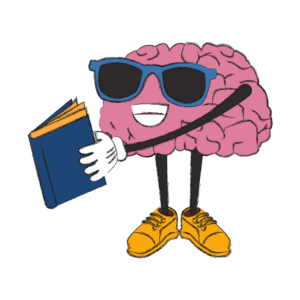
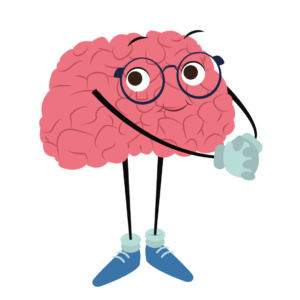
Interesting Facts
- Average Age of Diagnosis in the US – 7 years old
- People with ADHD are more likely to become entrepreneurs and business owners.
- People with ADHD are often spontaneous, resilient, outside-the-box thinkers, and have very strong senses of what is fair and just.
- Famous people who have or had ADHD include Emma Watson, Simone Billes, Justin Timberlake, Howie Mandel, Terry Bradshaw, Michael Phelps, Channing Tatum, Lisa Ling, Walt Disney, Bill Gates, Ryan Gosling, Henry Winkler, Paris Hilton and Albert Einstein.
- People with ADHD are more likely to be good in a crisis, more likely to drastically change their appearance regularly (hair colors, styles, body modifications, etc), and are more likely to struggle with addictions.
- One of the earliest possible notations regarding ADHD was in 1775 by a German physician Melchior Weikard. He described ADHD like behaviors of what he called “the inattentive person.” His advice included cold baths, horseback riding and isolation in the dark.
How Coaching Can Help
For parents, a good coach will work together with you to:
- Help you feel heard, understood, validated, supported and empowered.
- Meet you where you are and help identify and develop skills and strategies that work for your family.
- Become equipped with the skills to collaboratively build systems and routines to help your child navigate life with ADHD.
- Brainstorm school accommodations, and help you become effective and collaborative advocates for your child.
- Uncover effective strategies to help your your child with transitions to middle school, high school, college, or other post-high school life.
- Challenge your thoughts, reimagine expectations and possibilities, and strengthen your relationship with your child.
- Help you to develop and implement the skills necessary to become the connected, collaborative coaches your child with ADHD needs to succeed.
For individuals with ADHD, a good coach can help you:
- Develop executive functioning skills that include planning, time management, prioritization, organization, and task management.
- Develop systems and strategies that work with your brain instead of against your brain
- Learn to better manage emotions and reduce feelings of burnout, overwhelm, isolation, and rejection sensitivity.
- Ditch ADHD related shame and guilt.
- Learn to establish, set, and enforce healthy boundaries.
- Increase productivity, find motivation, explore ways to set create and carry out a plan, and blast through road blocks.
- Identify and Embrace your strengths, build stronger self confidence, and a healthier self esteem.
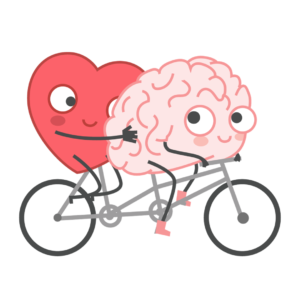



I would love to work with you
If you need help managing your ADHD – or you need help navigating your child’s ADHD – or both – I can help. I invite you to book a free, 20 minute discovery call with me. During our Discovery session, you may ask me questions, I may ask you a few questions, and we use that time to determine if we “jive” together.
You can ask questions about me, about my style of coaching, about what things can be worked on together, and whatever else you’d like to know. If finding ways to manage your life a little bit easier sounds good to you, book an appointment today. If bringing peace back into your chaotic home appeals to you, don’t delay any more.
Book your free discovery call here
Whether you book me for services or not, follow my social media pages and this blog – I like offer as much free content as I am able because I recognize that coaching fees are not accessible to everyone. I’m never offended if someone isn’t able to access my services right now, and I’m happy to provide help when and where I can.
To that end, I DO have a brand-new, opened less than a month ago ADHD Community that is free to join. It’s on Facebook (maybe later I’ll have one somewhere else) and anyone who is 18 or over and either has ADHD or is raising someone with ADHD is welcome to join.
This is an intentionally inclusive community of folks with ADHD who will support and encourage each other. Please check it out and join if this sounds like something you may enjoy. I’ll be offering free resources and facilitated discussions. The earlier you join the group, the more you get to help shape it’s future!
I hope you have a wonderful day whenever you read this. As always please reach out with questions, comments, opinions, suggestions, etc. I really do love to get mail from you and I try to respond to every personal email I receive!
Much love to you this week as we move from summer into autumn.
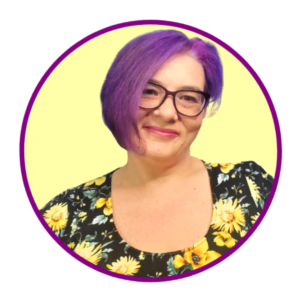
🌻 Don’t Delay Joy 🌻
Kat Sweeney, MCLC
PS – If you’d like to read another blog, here is one I suggest: Blast Away ADHD Shame
